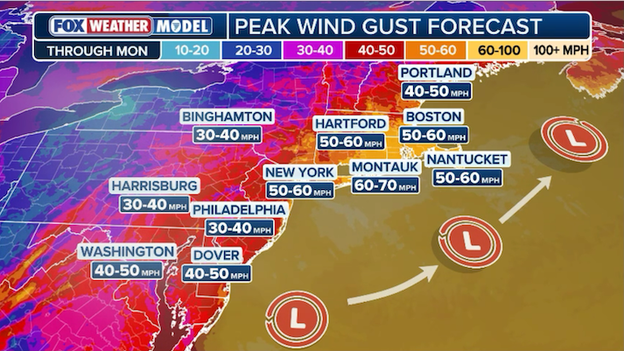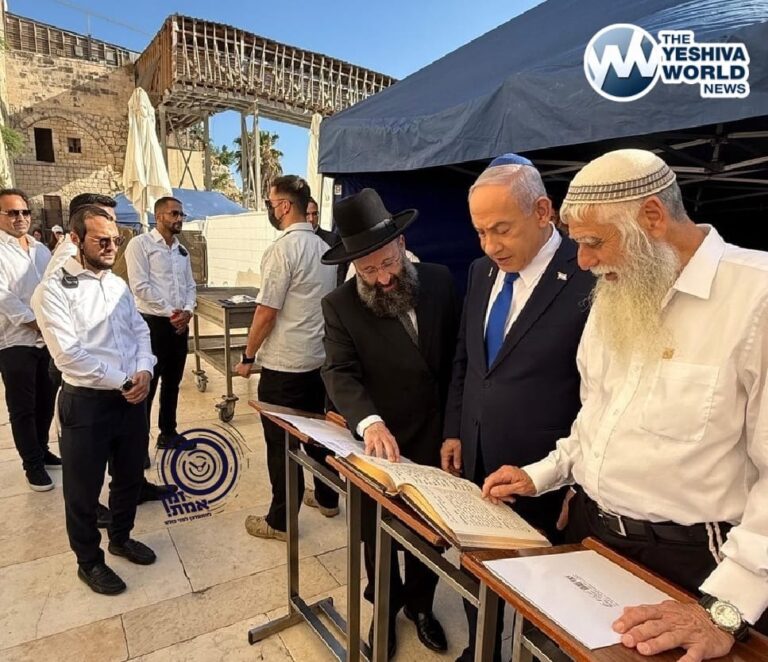 TIME Magazine has the following article on their website:
TIME Magazine has the following article on their website:
It began last night at sunset: Hanukkah. Or is it Chanukah? Or Hannukah? Sometimes getting the proper spelling of a Hebrew word transliterated into English gets tricky, especially when far more than a trio of options prove technically correct. But if you don’t fall into the Hebrew-scholar category, what should you do?
With so many ways to correctly get the point of Hanukkah across, the proper spelling really turns into a matter of preference and mass appeal. If you want to fit in with the crowd, opt for the Hanukkah spelling, now the most widely used of the choices.
However, don’t forget Chanukah, the second most often used spelling and the favorite of traditionalists. Just how did Hanukkah‘s spelling become so popular and oust Chanukah atop the list? You can blame it on the ch sound being similar to the H sound, making Hanukkah a bit easier for English speakers to understand the pronunciation.
As little as about five years ago, the top spelling choice on the Internet was Chanukah. But times are changing, even in the way the Jewish holiday of lights is celebrated and understood, and the Hanukkah spelling has gone mainstream. So, if you like to slightly buck the trend and go old school, Chanukah is your spelling.
With both correct, and about 14 others technically correct too, rest assured that you’ve got a pretty good shot at getting the spelling right. Whether you’re in tune with the latest spelling trend will be an entirely different story.
(Source: TIME)











12 Responses
חנכה
I assume we’re all familiar with this joke. If a person knows two languages they are bilingual, and if they knowk three languages they are trilingual, but what are they called if the speak only one language? Answer: American
While we are a community in which virtually everyone is at least bilingual we can be a bit arrogant on this but really – maybe Americans should get used to the idea that most of the human race is multilingual.
Haredi or Charedi?
“But times are changing, even in the way the Jewish holiday of lights is celebrated and understood”
This is exactly the reason that parades, houses bedecked in electric lights, and menorahs on top of cars are so wrong. We have a clear mesorah as to the meaning of חנוכה as well as the laws and customs for how to publicize the miricle.
Leave it to an anti-Jewish rag like Time, to even write such a ridiculous, pointless article!
Like Hamas and Chumus. Oh and how do you spell Kadaffi?
Well, for Sepharadi Jews Hanukkah it shal be.
Whether or not you start with an “h,” or a “ch,” if it’s between the first and third choices cited above, i.e., between doubling the “k,” or the “n,” (or not doubling either), linguistically there is no reason to double the “n,” and the most justification to double the “k,” due to the dagesh chazzak (no, I won’t spell that last word with a “q”!). In my opinion, the discrepancy often arises because in English, closed syllables with a short vowel, ending in the first half of a double consonant, are usually the accented syllable (e.g., “better,”), while in Hebrew, closed syllables with a short vowel ending in a dagesh chazzak, essentially the equivalent of a double consonant, are usually one of the unaccented (not even secondarily) syllables (e.g., “gannav,” the noun — with a LONG vowel it may be accented, as in “tachoggu,” or “shamma,” “lamma,” but in English you don’t expect double consonants after long vowels). (You don’t usually have actual double consonants straddling a syllable break in Hebrew, other than in words like “Yissachar,” or “‘m’chatztz’rim,'” (the plural of someone who blows a chatzotz’ra) and based on Ben-Asher, we treat letters without nikkud as nach.) Many people do not realize that, so in transliteration they will subconsciously double the consonant ending what they pronounce as an accented syllable. Note that the first “syllable” of the name of the holiday is not accented, but colloquially it is often pronounced as such. I put the word “syllable” in quotation marks, because syllables are defined and parsed differently in the two languages, and in fact, not only is it not accented, but what to an English speaker is perceived to be the first syllable of the holiday, is not even a full syllable in Hebrew, but merely a letter with a chataf, prefixed to the “nuk” following it. Got all that? Have I succeeded in further confusing you?
חֲנֻכָּה The Het at the beginning lends itself closer to H than Ch. Had it been a chuf at the beginning then Ch would have been closer but a Het is closer to a H. The nun has no dagesh yet alone a strong dagesh which would require two n’s. The Kuf is a light dagesh not a strong dagesh. The hey at the end lacks a dagesh so is completely not pronounced so the correct spelling should be Hanuka, no?
do u want to speak like a jew or a gentile???????????????????????????????. WE have only ONE way Cha nu kah there is no other possible way in the English language to say it correctly IS THERE ????????????????????? FROM CORRECT HEB. IT AINT HAANUKA END OF DISCUSION
No. 3: Stop worrying about the English transliteration of the Hebrew word for the current Jewish holiday and focus on the Hebrew spelling, which you got wrong according to three different siddurs, published by ArtScroll, Metsudah and Merkos L’Inyoni Chinuch.
No. 9: Nobody is discussing how to speak. The Chanukah/Hanukah question is a question of written transliterations of a Hebrew word. If you were talking about speech, you should have said that the “ch” in an English transliteration of a Hebrew word is an English symbol for the fricative sound in Hebrew (or any other language written in non-Roman characters with fricatives).
The Time article should be read as a call (not necessarily a loud or urgent one) for Jewish scholars to agree upon a standardized transliteration of Hebrew words into English. Any conscientious reader of YWN can see that the spellings of transliterated words are all over the place.
To Besalel. You spelled it correctly in Hebrew. According to this spelling the Dagesh is Chazak (as mentioned by AhvasChinom) not Kal as you state since there is no Shiva in the letter preceeding it. You are correct that the Hey does not have a dagesh (Mapik Hey) and is silent and therefore thre is no need for an h at the end of the word.
Regarding the a at the beginning of the word, a short a, such as in the words cat and apple are not similar to the (chataf) Patach sound. A short o sound such as in the words hot and contest (at least with a NY accent) I think would be more accurate.
Regarding the letter “u”, It seems that the pronunciation of the letter is ambiguous since its unclear if it’s a short vowel or a long one. If anything, it looks like a short u since there is no E after the consonant as in the word tune. Furthermore, if it’s a long vowel, sometimes a long u is pronounced as the sound “you” as in the words music and fuse. Therefore to avoid ambiguity, I suggest that the u be replaced with a double o as in the word root. Based on the above, I think that the most precise spelling is CHONOOKA or HONOOKA.
Na, looks too weird! I guess I’ll stick to one of the more traditional spelllings!
Happy CH……!
One more point. According to the Sephardic pronunciation of the sound on the Kaf should be the same as the sound on Chet, however an o cannot be placed at the end of the word since an o at the end of the word is always read as long o, as in the words lo and go. So an a will have to do.
According to the Ashkenazim who pronounce a Kamatz as a short U as in the word cut, however a U cannot be placed at the end of the word since an U at the end of the word is always read as long U, as in the words flu and Peru. So an a will have to do.
Some Sephardic people pronounce both the Patach and the Kamatz as a short a sound as in the words bat and cat. According to them, them an a at the beginnig of the word and an a the end of the word will work perfectly.